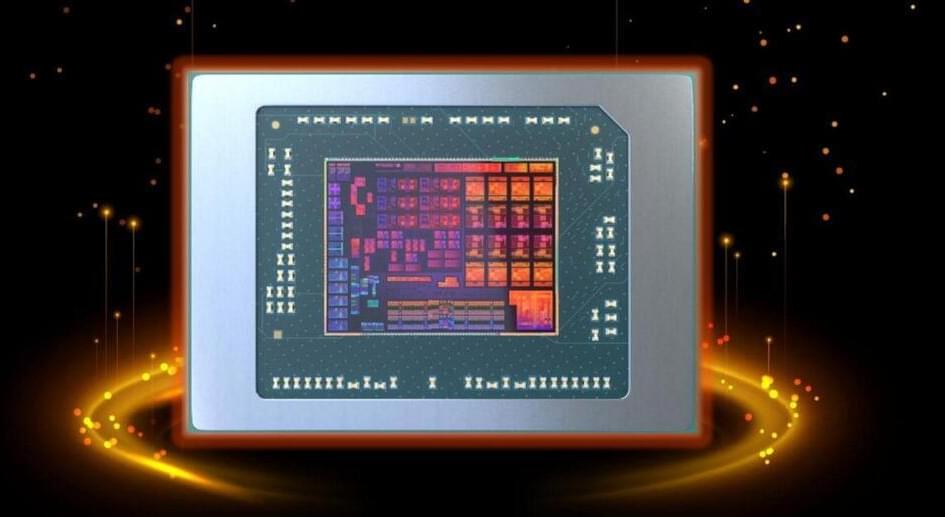In 2021, there was an estimated 2.7 billion gamers globally, in a gaming market that is valued at $300+ billion. The opportunity for developers is huge — but so is the temptation for fraudsters looking for ways to take advantage of the revenue that’s pouring into the industry. But according to the recent Denuvo Global Gaming Survey, many developers don’t fully know how cheating, tampering, and piracy has impacted their revenues — or don’t think they’ve been affected at all.
When players recognize cheating in a game, they often simply quit, because after all, there are an endless number of titles available. Engagement then tanks, and so does a game’s reputation — especially when developers’ social media accounts are overrun with complaints and demands that the issues be fixed.
Tampering and piracy, which usually go hand in hand, undermine a game’s sales, player engagement, and retention, particularly in the first few weeks of a game’s release. While PC and mobile operating systems are more vulnerable, consoles can still be hit, especially because so many games have co-op modes and live updates. For free-to-play games and games that offer in-game items, tampering can also directly impact monetization.





